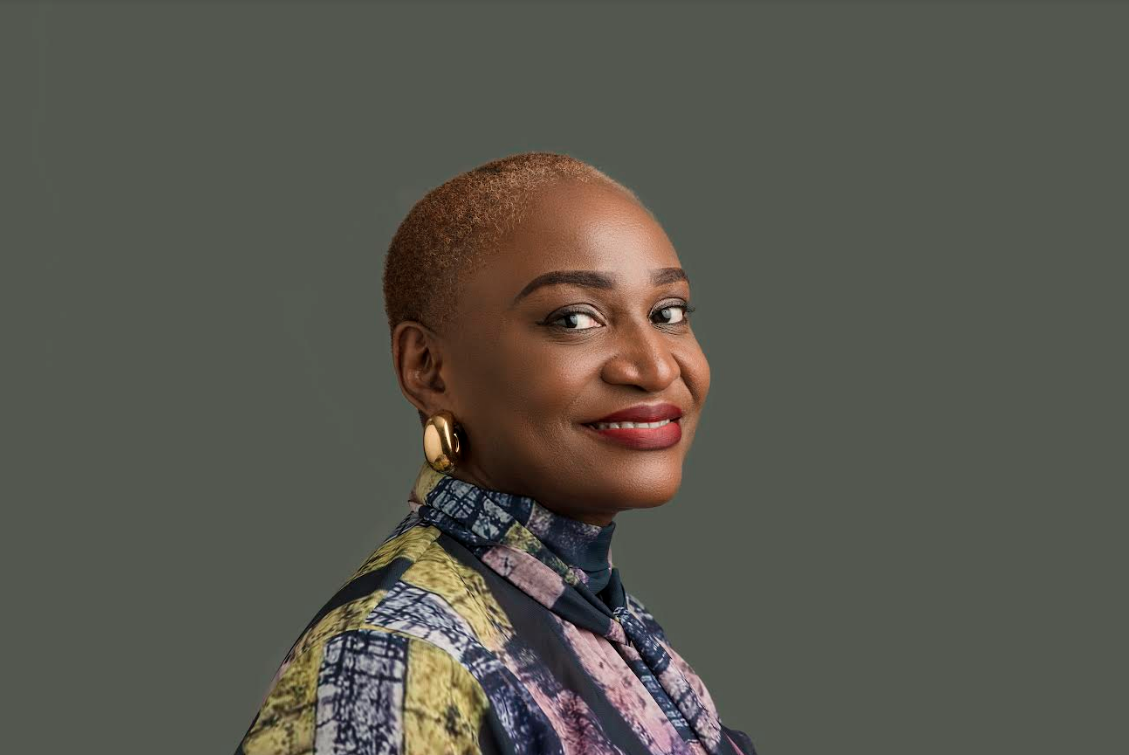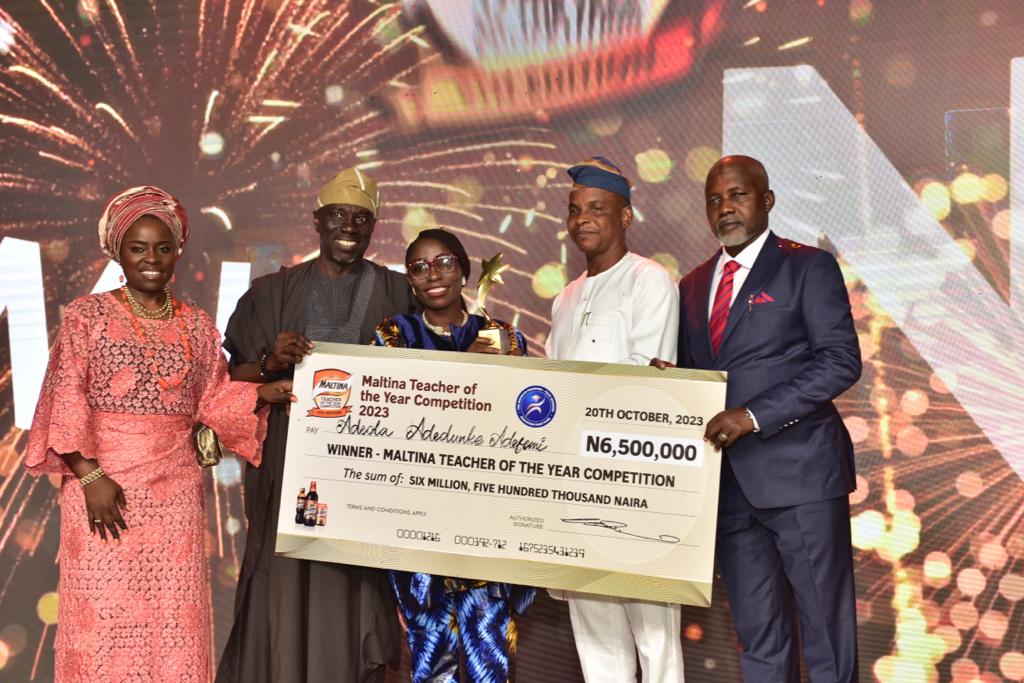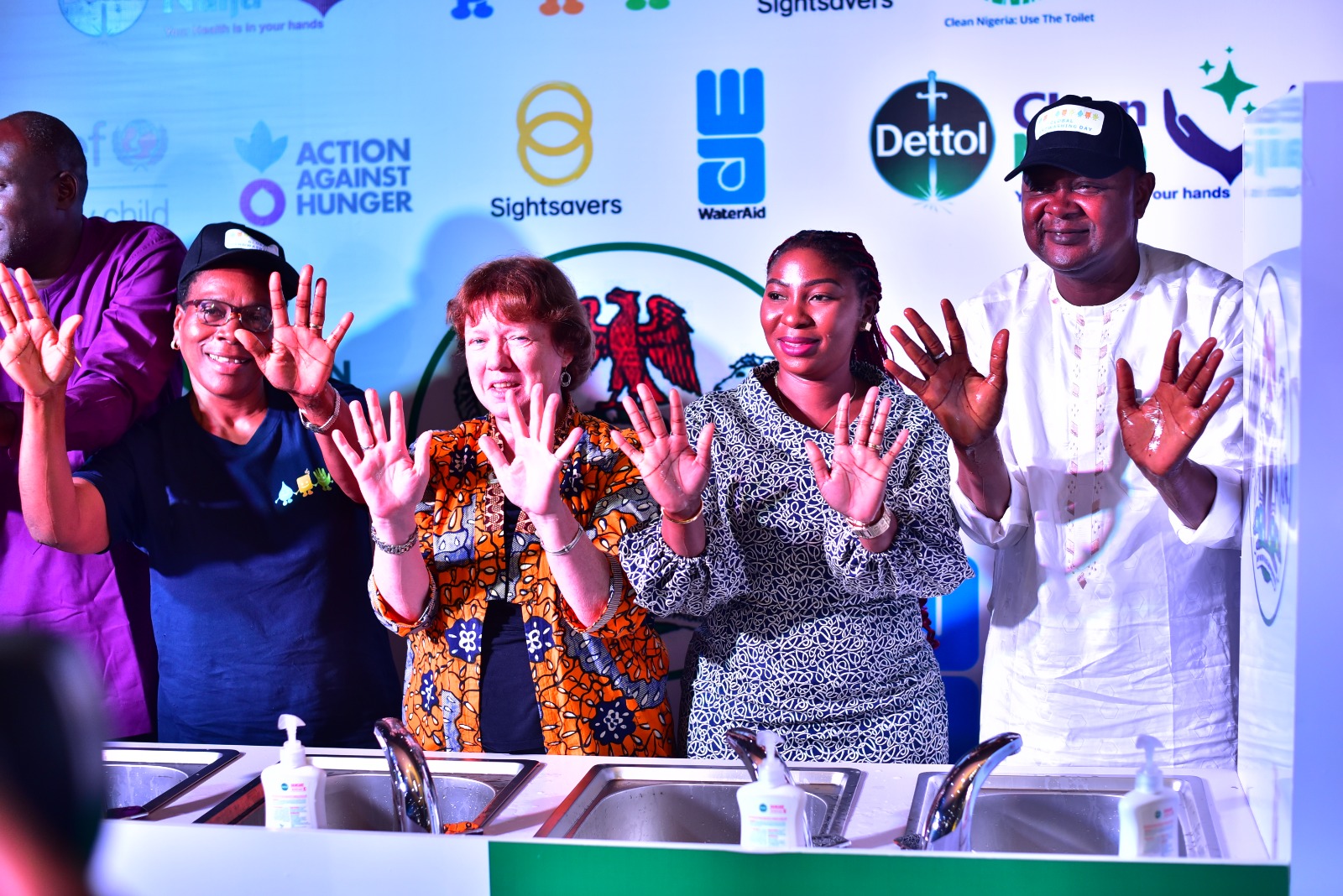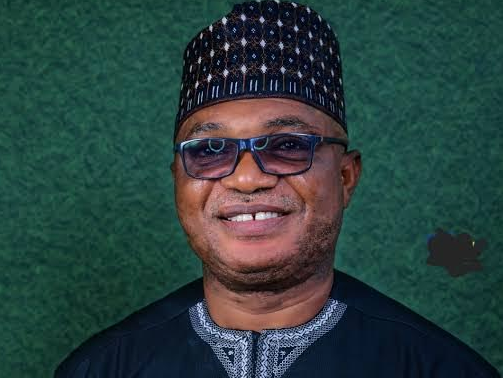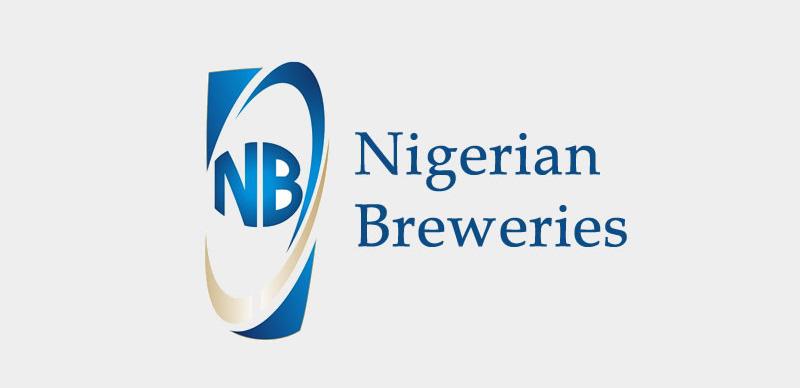Congratulations on your appointment as the Chairperson of the Manufacturers Association of Nigeria Export Promotion Group (MANEG). Could you share a bit about your background and the experiences that have led you to this pivotal role?
Thank you for the warm welcome. Regarding my educational background, I am a lawyer with 24 years of post-call experience and hold a Masters’ Degree in International Relations. My career has primarily revolved around the manufacturing and export sector, where I have accumulated over 17 years of experience. Presently, I serve as the External Affairs Director at British American Tobacco Nigeria (BAT Nigeria.
It is by virtue of BAT Nigeria’s affiliation with the MAN Export Promotion Group that I assumed the role of 1st Vice President within MANEG in November of last year, and I subsequently took on the position of Acting Chairman after six months. The transformative power of exports on the fortunes of this country and businesses is the driving force behind my commitment to this sector.
As a seasoned professional, what specific skills and competencies do you bring to MANEG that will contribute to its growth and success?
My experience in navigating complex regulatory environments at home and abroad, coupled with my knack for forging strategic partnerships, will be pivotal in leading MANEG. My ability to envision innovative strategies and execute them collaboratively is another asset. I also believe that my leadership experiences and understanding of international relations and trade related dynamics over the years are coming in handy toward ensuring that MANEG’s objectives are achieved sooner rather later.
What is your vision for MANEG during your tenure as the Chairperson, and how do you plan to guide the group towards achieving it?
My vision for MANEG is to position it as a catalyst for export growth in Nigeria. MANEG should proactively promote the interest of exporters by shaping export-related policies, securing incentives for exporters and protecting exporters from potentially adverse policy actions. I want MANEG to be a more influential player that is respected because of its actions, not just words. We aim to work with others for the collective good of Nigerian exporters.
I envision a landscape where local manufacturers seamlessly tap into global markets, thereby bolstering the country’s economy. We are rolling out initiatives to provide exporters with greater incentives, actionable insights, export-focused trainings and networking opportunities. By creating a collaborative platform, we will drive member growth and exports success.
We will also be aligning with relevant stakeholders in the country and the sub-region to build the needed platforms for the achievement of our objectives.
Could you give us an overview of MANEG’s mission and objectives and how the organization has made or envisions making a significant impact on Nigeria’s export sector?
Sure. MANEG’s mission is largely to promote and protect the interests of exporters that manufacture products in Nigeria, which ultimately enhances the export volume of locally manufactured goods and services to the international market. In the past years, MANEG has been at the forefront of advocacy for payment of incentives to exporters in form of the Export Expansion Grant. Our efforts have been largely successful and we continue to push the Federal Government to keep its commitments until all qualified exporters receive what is due to them. It is also in recognition of MANEG’s status as the most formidable non-oil exports group and as a sub-group of the Manufacturers Association of Nigeria, that the group was recently conferred with a seat on the board of the Nigerian Export Promotion Council. We will not take this responsibility for granted.
In the coming weeks – and until the rest of the year – MANEG intends to carry on a series of projects, advocacy, engagement and other activities that we believe will elevate the non-oil exports conversations, secure additional incentives for members, lead to key regulatory changes to boost non-oil exports and also put non-oil exporters in good positions to take advantage of the available opportunities, including under the African Continental Free Trade Area (“AfCFTA”). We are also collaborating with public and private sector stakeholders to achieve our objectives. A recent example is the Knowledge & Capacity Building Training on the AfCFTA for non-oil exporters, which we organised in conjunction with the National Secretariat on AfCFTA in July 2023. The 2-day event was attended by circa 220 participants.
In a dynamic business landscape, how will MANEG adapt to ensure it remains relevant and effective in supporting Nigerian manufacturers and exporters?
Instead of resting on our past achievements, the new Exco of MANEG has been reviewing the group’s operations in a bid to elevate / optimise our activities in Nigeria, including being more visible and participatory in all matters that affect non-oil exports in Nigeria. We also aim to broaden our services to members, especially with the present-day economic realities and the effect on global competitiveness of Made-in-Nigeria products. We have acknowledged the continuing focus of government on non-oil exports and trade facilitation as a call to action. Too often, activities of exporters are impeded by policy directions that may have good intentions but are not considered from a trade facilitation perspective, thereby creating more harm than good – from a business perspective. Just imagine, for example, that a banking-related initiative could cause delay in export of goods that then results in demurrage payment and completely wipes out an exporter’s profit. Proactive consultations with the relevant players could help to prevent or mitigate such scenarios, so we keep our ears to the ground and consult widely so that despite the dynamism of our regulatory environment, we can quickly adapt and act in the best interests of exporters.
Aside this, we are building strong partnerships by collaborating with local and international trade bodies to facilitate market expansion and knowledge exchange. MANEG will also focus on sustainable practices, aligning with global trends, continuous skill development for members, market intelligence, and policy advocacy that will further bolster our effectiveness. We are also looking to upskill the exporters to get them more competitive in comparison with their counterparts both within Africa and on the global scale.
Advocacy plays a vital role in shaping policies that impact manufacturers and exporters. Has MANEG actively advocated for favorable policies and conditions for its members? And what is the plan under your tenure?
Certainly, we are actively engaged in advocating for favorable policies on behalf of our members. In pursuit of our goal to achieve a projected 25 percent annual growth, we recently collaborated with the National Institute for Policy and Strategic Studies (NIPSS) on a 3-day brainstorming session in Kuru. This partnership took place from August 28 to September 1, 2023.
MANEG’s advocacy initiatives encompass a broad spectrum of objectives, including the promotion of better infrastructure, streamlined regulations, reduced trade barriers, improved access to foreign exchange markets, and enhanced financing opportunities. The recent disbursement of Export Expansion Grant to over 200 exporters was due to the consistent work of MANEG and some other stakeholders. MANEG’s advocacy has also helped to resolve several concerns regarding implementation/recognition of the ECOWAS Trade Liberalisation Scheme and trade facilitation generally.
During my tenure, working together with the Exco and other members of the group, we aim to expand our influence in the public sphere, engage in greater advocacy activities, work with government in connection with the AfCFTA, secure additional incentives for members and work with other stakeholders to reduce the difficulties of doing business in Nigeria. We will build strong relationships with key government stakeholders through regular interactions and presentation of data-driven proposals that highlight how policies enhance or impede the export environment.
Nigeria has a diverse range of products with export potential. How does MANEG plan to tap into these opportunities and assist manufacturers in successfully penetrating international markets?
Policy advocacy will remain integral, as MANEG works with governmental bodies to create a favourable regulatory environment and eliminate trade obstacles. We plan to leverage both traditional media and digital platforms to share our success stories, industry insights, and the incredible potential of Nigerian exports. Public seminars and workshops will also play a key role. Equally important is our drive to strengthen ties with individual members of the group. They understand the terrain extremely well and are in a great position to steer MANEG in the right direction. Our members are very important to us and we will let them guide us as often as possible. We will also provide members with insight that we gather, so that we have the required synergy to meet our objectives.
In your opinion, what are the critical challenges facing Nigerian manufacturers and exporters today, and how does MANEG address these challenges?
Challenges include lack of adequate infrastructure, in terms of roads, electricity, affordable funding. Clearing goods at the port takes on average 20-30days, with the risks of demurrage. There are a lot of duplicity of roles where govt agencies are concerned which slows down the process.
There is also the issue of rejection of made in Nigeria goods by other countries, which I think with better collaboration led by the govt agencies such as SON, it would go a long way to facilitate and ensure that the Nigerian exporter is fully informed and educated about the requirements for goods leaving the country to a destination market. Another issue has to do with the challenges of processing ETLS, this is the scheme that allows for free movement of goods within ECOWAS. There are a lot of bottlenecks such as certificates from Nigeria not being uploaded on time or accepted by some francophone countries. Again, there exists an opportunity for the ECOWAS desk and Customs to work closer together across countries to address this better.
MANEG, sees these challenges as an opportunity for better collaboration and education with all relevant stakeholders, with a view to getting made in Nigeria products on the global market, thereby creating jobs for Nigerians and generating FX income which Nigeria desperately needs now.
Please join us at our Annual General Meeting on Wednesday. 4th October 2023 at the MAN Secretariat in Ikeja. During the event, we will speak more about Manufactured Products’ Competitiveness under the AfCFTA amidst increasingly high cost of production in Nigeria.
Communication is key to spreading awareness. What are the platforms MANEG leverages, and how will this evolve under your leadership to reach a broader audience and garner more support?
In driving the growth of the Non-Oil Export sector and improve foreign exchange earnings for the country, MANEG continues to put structures in place to support exporters across Nigeria to improve their competitiveness in the global market. MANEG does this through educational programmes, linking exporters to critical stakeholders and bringing them into the larger ecosystem.
To achieve this, MANEG is recalibrating its online and digital presence in line with best practices. One of the key components of this effort is the enhancement of MANEG’s website, which will highlight the brand and brand message more effectively, while also providing a cohesive and consistent user journey and experience. MANEG will also seamless integrate the website with a community platform where members can digitally connect and enjoy the full benefits of the MANEG membership. The new digital positioning will also come with stronger communication and engagement framework including articles, blogs, up-to-date information sharing, as well as full integration with its social media presence. This is necessary to give the MANEG members a sense of connection with the brand, with themselves and the larger ecosystem.
The improved brand positioning will set the tone for strategic partnerships with relevant stakeholders in the public, private and international space, which is one of the pillars of MANEG’s impact in Nigeria. These partnerships will give MANEG a stronger foothold that will translate to value for its growing member base.
For a strong body like MANEG, the stakes are higher especially now that the country is repositioning itself for economic prosperity. With very clear targets, stronger collaborations, and speed of execution, the next 12-24 months and beyond will see MANEG with a base of over 1,000 members, and a self-sustaining model.
Could you share some insights into the strategic partnerships or collaborations that you envision MANEG forming to amplify its influence and reach?
We’re exploring joint events, sharing resources, and forming task forces to address sector-specific challenges. International partnerships are essential. We’ll organize trade missions, forge alliances with foreign trade bodies, and create avenues for global investors to engage with the Nigerian manufacturing sector.
Presently, we are improving our relationships and interactions with relevant stakeholders in government such as the Presidency, Federal Ministry of Industry, Trade and Investment, Ministry of Foreign Affairs, Nigerian Export Promotion Council, Nigerian Customs Service, Standards Organisation of Nigeria, NAFDAC, the Central Bank of Nigeria, etc. We are also reaching out to Organised Private Sectors such as the NESG, NECA, AFBTE, various Chambers of Commerce and Industry, etc. We expect to meet each of these stakeholders in the coming weeks and months.
Lastly, what message do you have for the Nigerian business community, prospective MANEG members, and government stakeholders as you embark on this transformative journey with MANEG?
This journey is about belief, transformation, unity, and progress. MANEG’s transformative path will yield enduring benefits for us all and we invite other exporters to join us. With the right partnerships, we can confidently navigate the export landscape and achieve success. To manufacturers, members, and other stakeholders, I say this: together, we’re embarking on an exciting journey of growth. I am filled with optimism and belief that we can drive positive change for the non-oil export sector and MANEG is very open to working with all well-meaning stakeholders.
